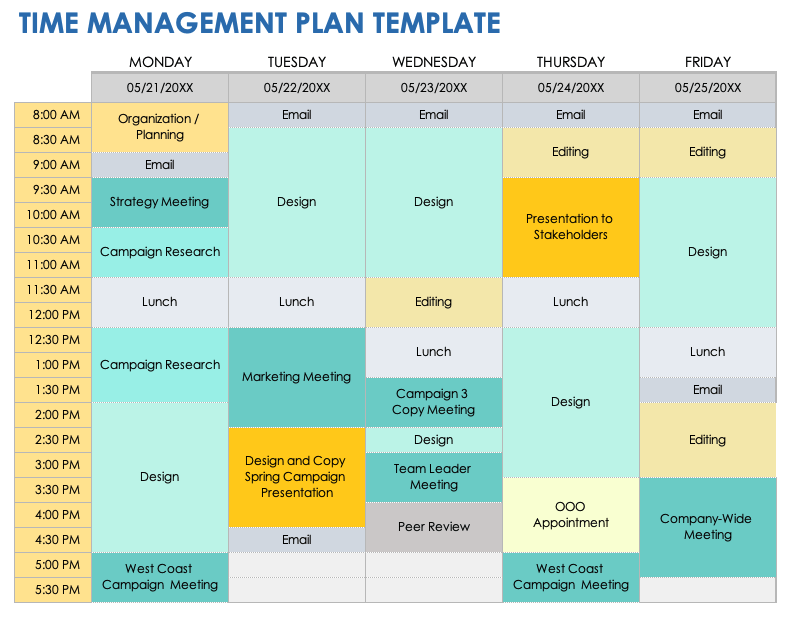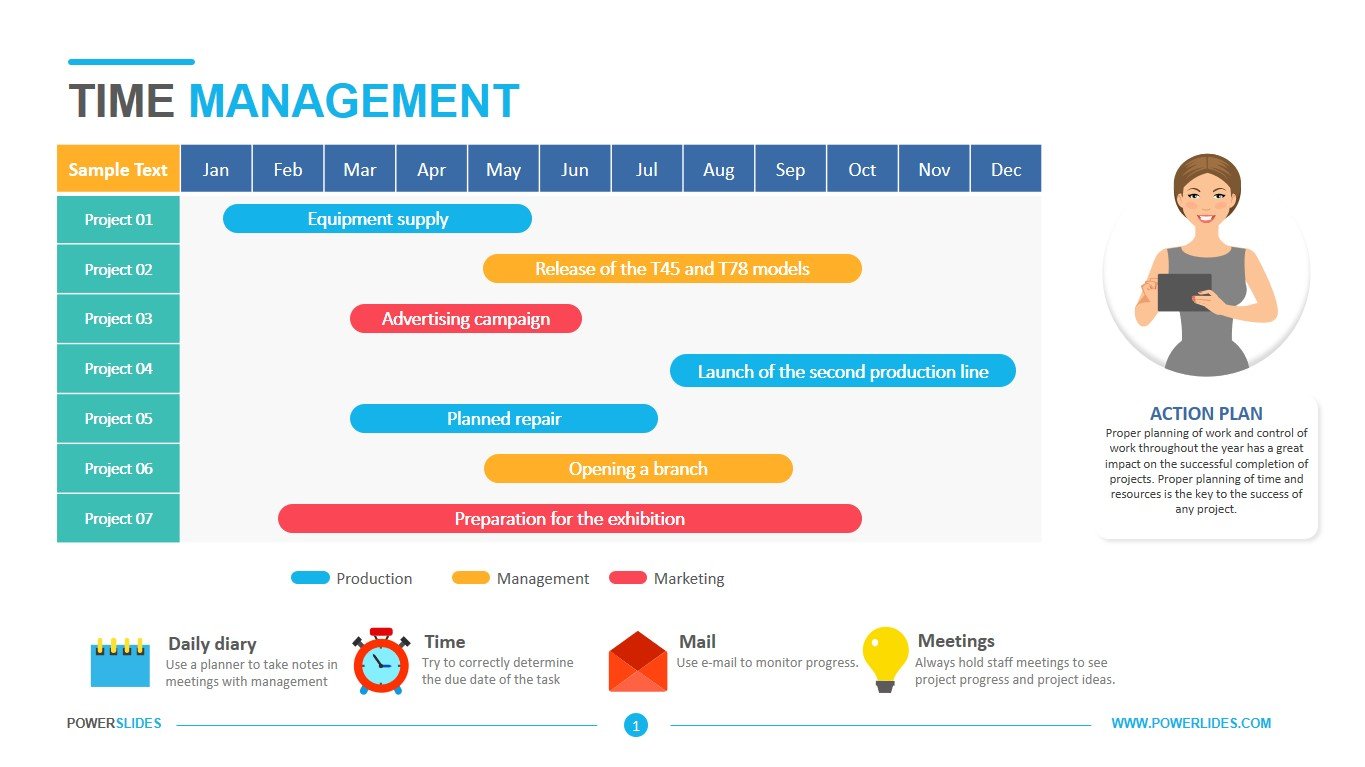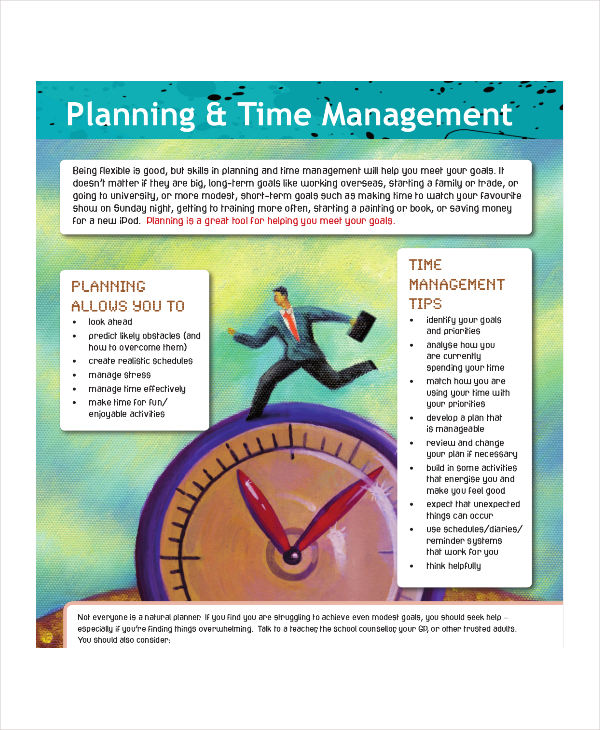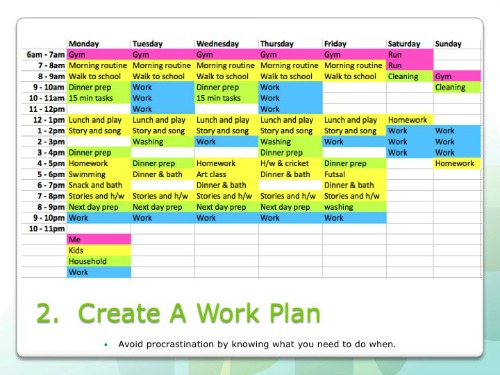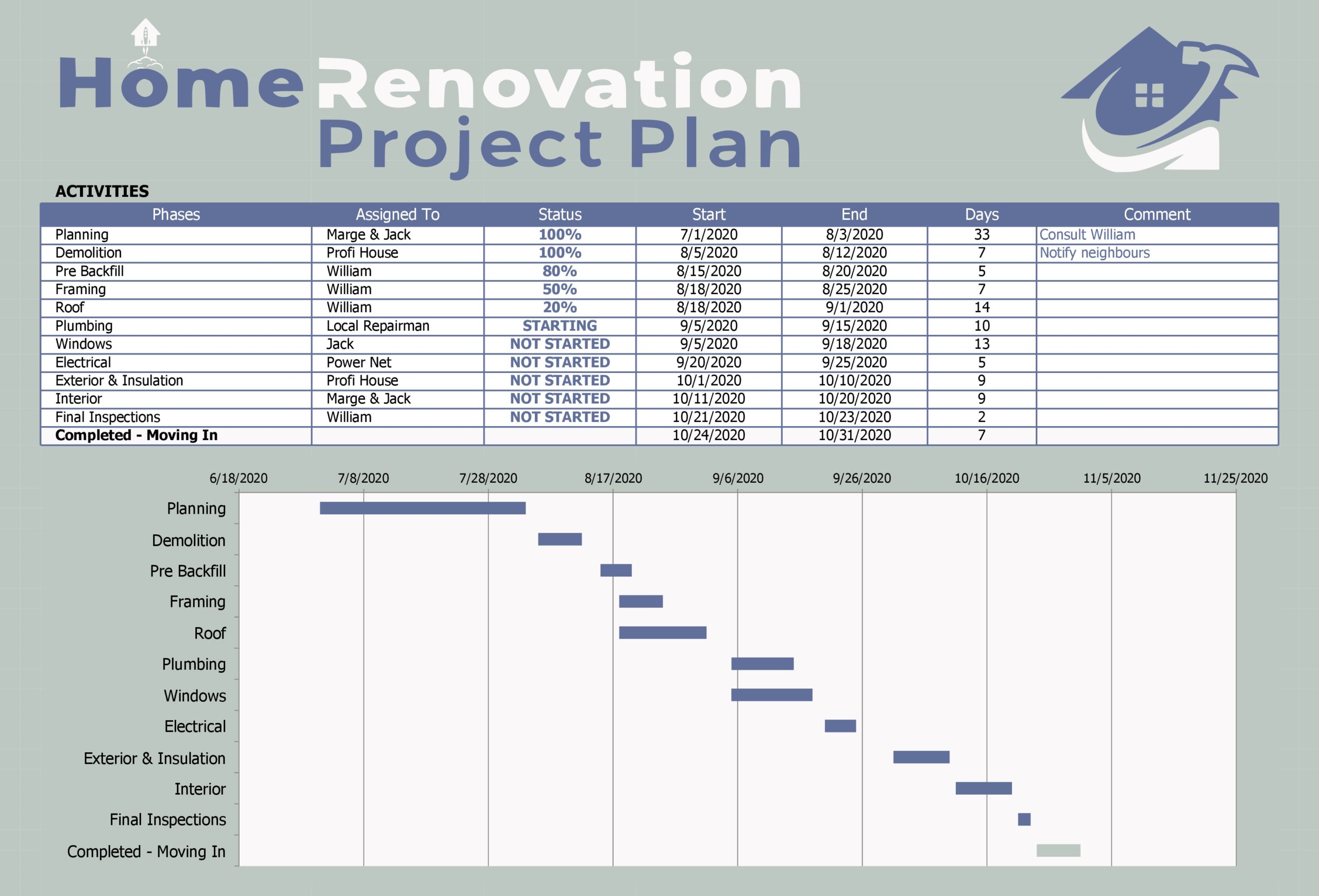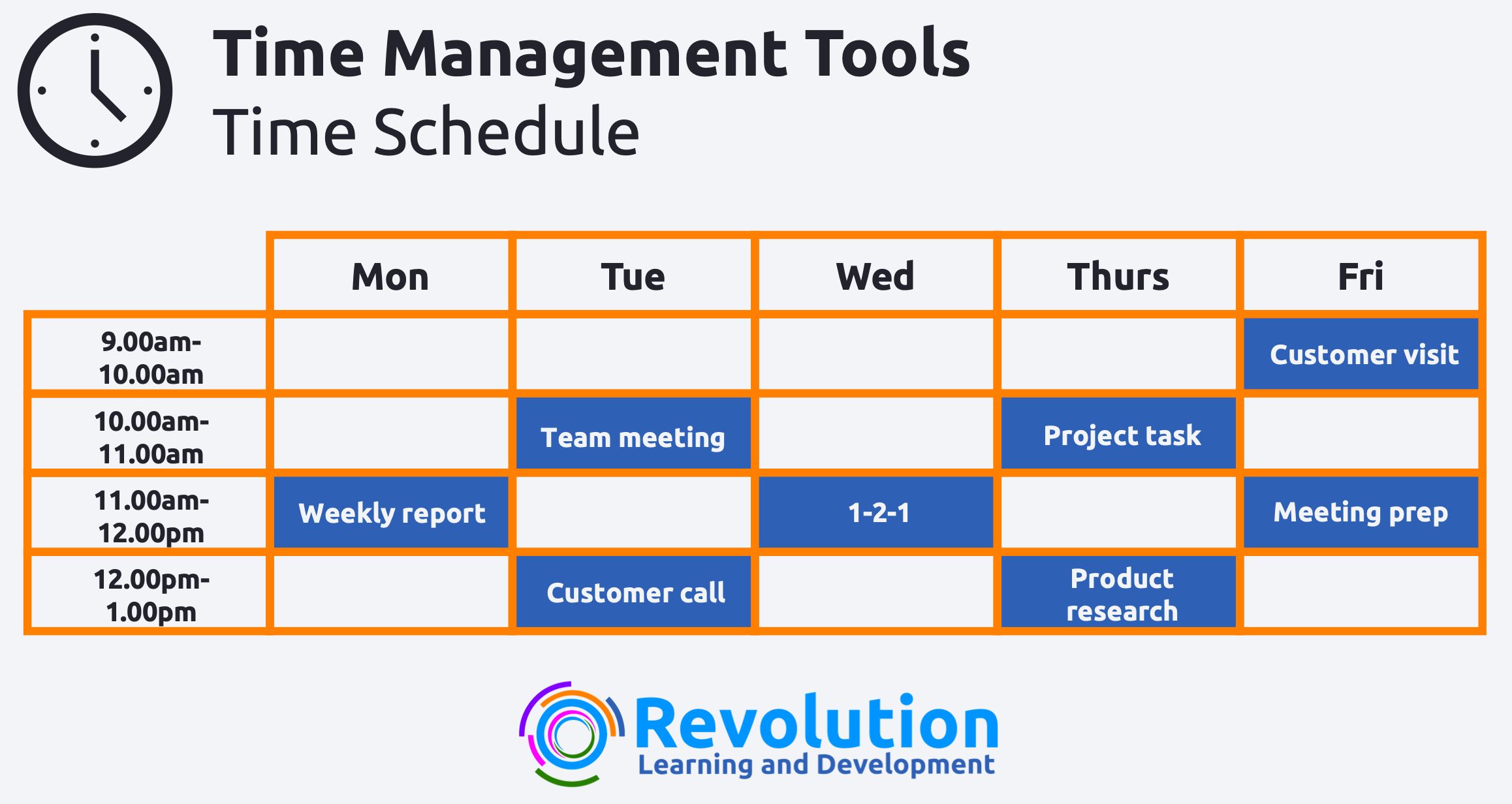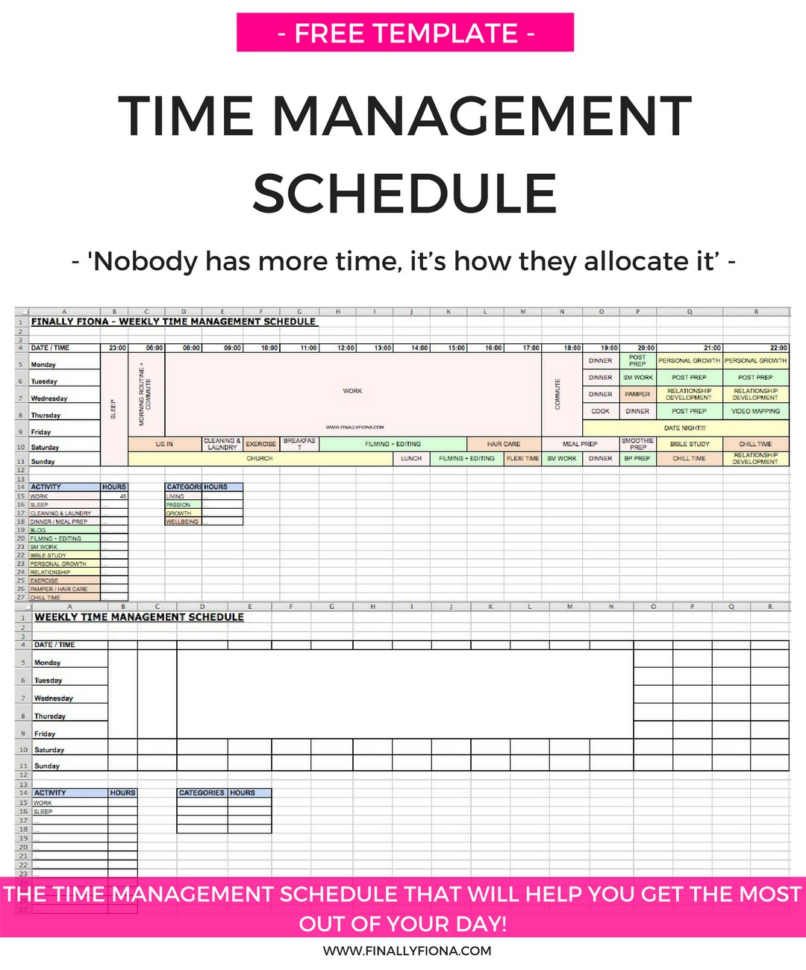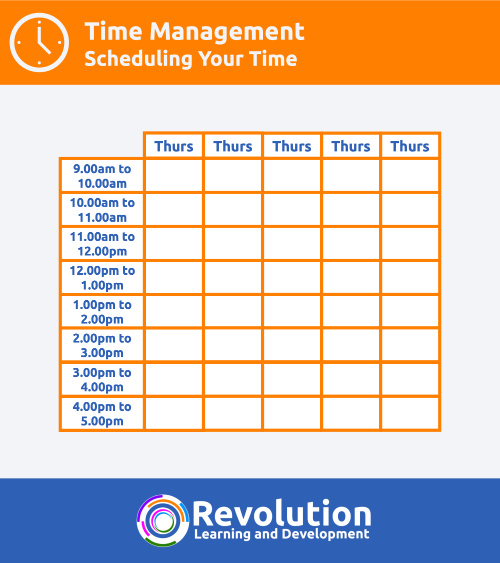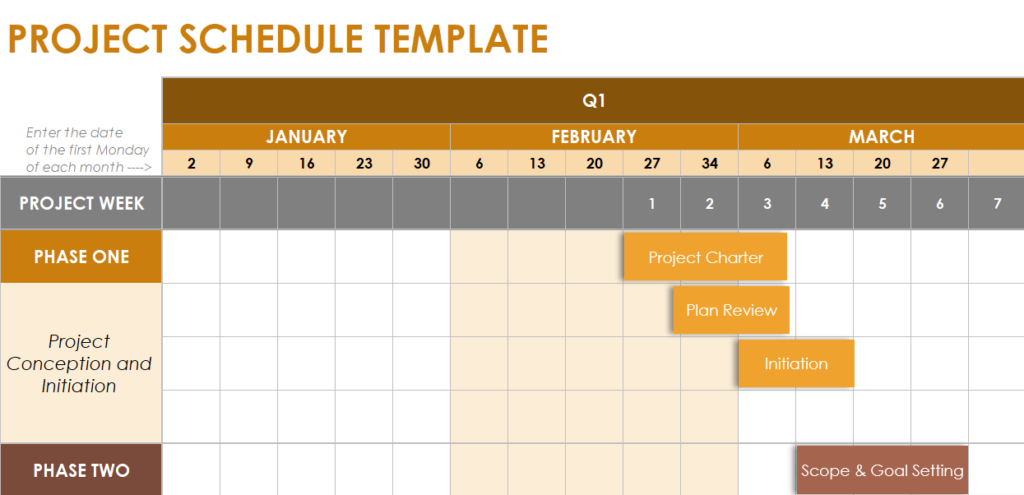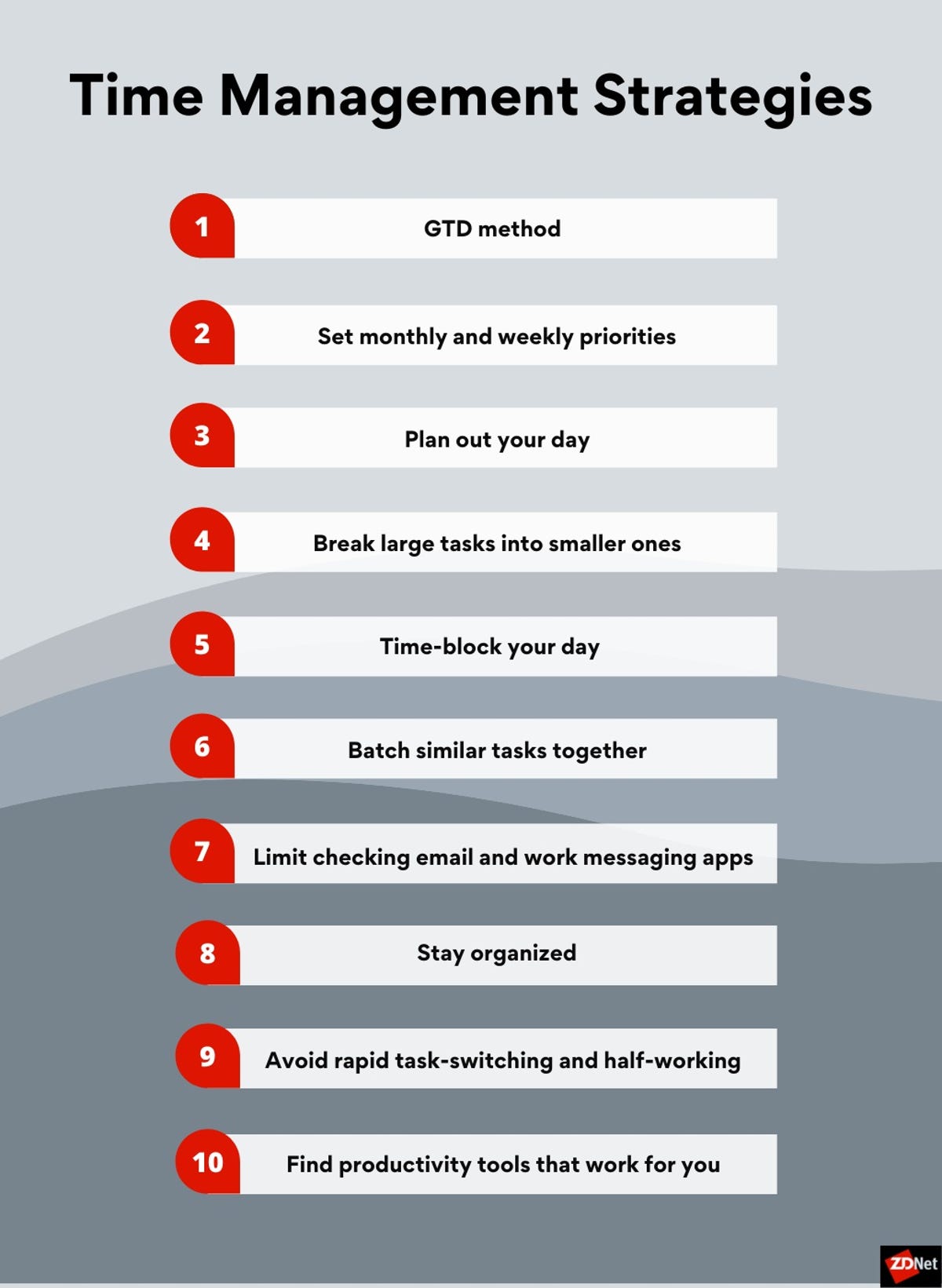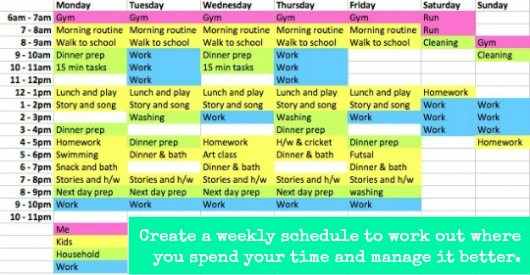How To Write A Time Plan For Home Management
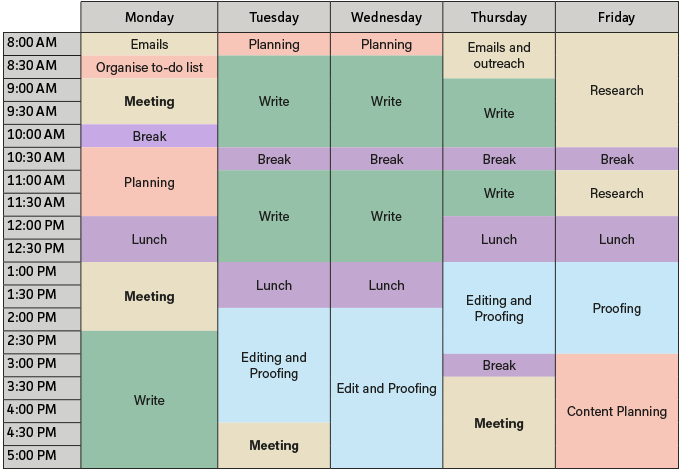
In today's relentlessly paced world, maintaining a well-managed home can feel like a Herculean task. Juggling work, family, and personal commitments often leaves little room for essential household chores, resulting in cluttered spaces, neglected tasks, and a pervasive sense of overwhelm.
The key to conquering this challenge lies not in superhuman effort, but in strategic planning. A well-structured time plan for home management is the tool that brings order to chaos, transforming your living space from a source of stress into a haven of tranquility.
At its core, a home management time plan is a roadmap for efficiently allocating time to various household responsibilities. This article provides a detailed guide on how to create and implement a personalized time plan that will streamline your home life, reduce stress, and free up valuable time for the things you truly enjoy.
Assessing Your Current Situation
Before diving into planning, it's essential to understand your current habits and needs. Start by conducting a thorough assessment of your household responsibilities. Consider everything from daily tasks like cooking and cleaning to weekly chores like laundry and grocery shopping, and even less frequent duties like seasonal cleaning or home maintenance.
Next, track your time for a week or two. This will help you identify where your time is currently being spent and pinpoint areas where you can improve efficiency. Tools like time-tracking apps or simple spreadsheets can be invaluable for this process. According to a 2023 study by the Bureau of Labor Statistics, Americans spend an average of 1.3 hours per day on housework.
Finally, honestly evaluate your priorities. What aspects of home management are most important to you? Where are you willing to compromise or delegate? Knowing your priorities will guide your decision-making as you create your time plan.
Creating Your Time Plan
With a clear understanding of your needs and priorities, you can now begin building your time plan. Start by breaking down your household tasks into smaller, more manageable steps. This makes the overall workload feel less daunting and easier to tackle.
Next, allocate specific time slots for each task. Consider the time of day when you are most energetic and productive. "Batching" similar tasks together can also save time and improve efficiency, such as dedicating a specific day for laundry or meal prepping.
Prioritize flexibility. Life is unpredictable, so your time plan should not be rigidly enforced. Build in buffer time for unexpected events or simply for rest and relaxation.
A flexible plan is more likely to be followed consistently than one that is overly restrictive.
Tools and Resources
Numerous tools and resources are available to assist in creating and managing your time plan. Digital calendars like Google Calendar or Microsoft Outlook can be used to schedule tasks and set reminders. Task management apps like Todoist or Asana offer features like task prioritization, collaboration, and progress tracking.
Consider using home management software or apps that are specifically designed for household tasks. These tools often include features like chore charts, meal planning templates, and inventory management systems.
Implementing and Maintaining Your Time Plan
Once your time plan is created, the real work begins: implementing it. Start by communicating your plan to all members of your household. Ensure everyone understands their responsibilities and how they can contribute to maintaining a well-managed home.
Hold yourself accountable. Use reminders, checklists, or other tools to stay on track. Regularly review your progress and make adjustments to your plan as needed. Don't be afraid to experiment with different approaches to find what works best for you.
Be patient. It takes time to establish new habits. Don't get discouraged if you stumble along the way. The key is to stay committed to your plan and celebrate your successes, no matter how small.
Seeking Support and Delegation
Recognize your limitations. If you are feeling overwhelmed, consider seeking support. This could involve asking family members to take on more responsibilities, hiring a cleaning service, or delegating tasks to other professionals.
Many online platforms connect homeowners with qualified service providers for various household tasks. Carefully vet potential candidates and ensure they are reliable and trustworthy. Remember, delegating tasks can be a valuable investment in your time and well-being.
According to a recent survey by *Angie's List*, homeowners who outsource household chores report lower stress levels and increased satisfaction with their living spaces.
The Future of Home Management
As technology continues to advance, the future of home management is likely to be increasingly automated and personalized. Smart home devices, such as robotic vacuums and smart refrigerators, can automate routine tasks and provide real-time data on household needs.
Artificial intelligence (AI) is also playing a growing role in home management. AI-powered systems can learn your habits and preferences, and then automatically adjust your home environment to optimize comfort and efficiency.
Ultimately, the goal of a home management time plan is to create a more balanced and fulfilling life. By taking control of your household responsibilities, you can free up time for the things that truly matter to you, fostering a more relaxed and enjoyable home environment.
